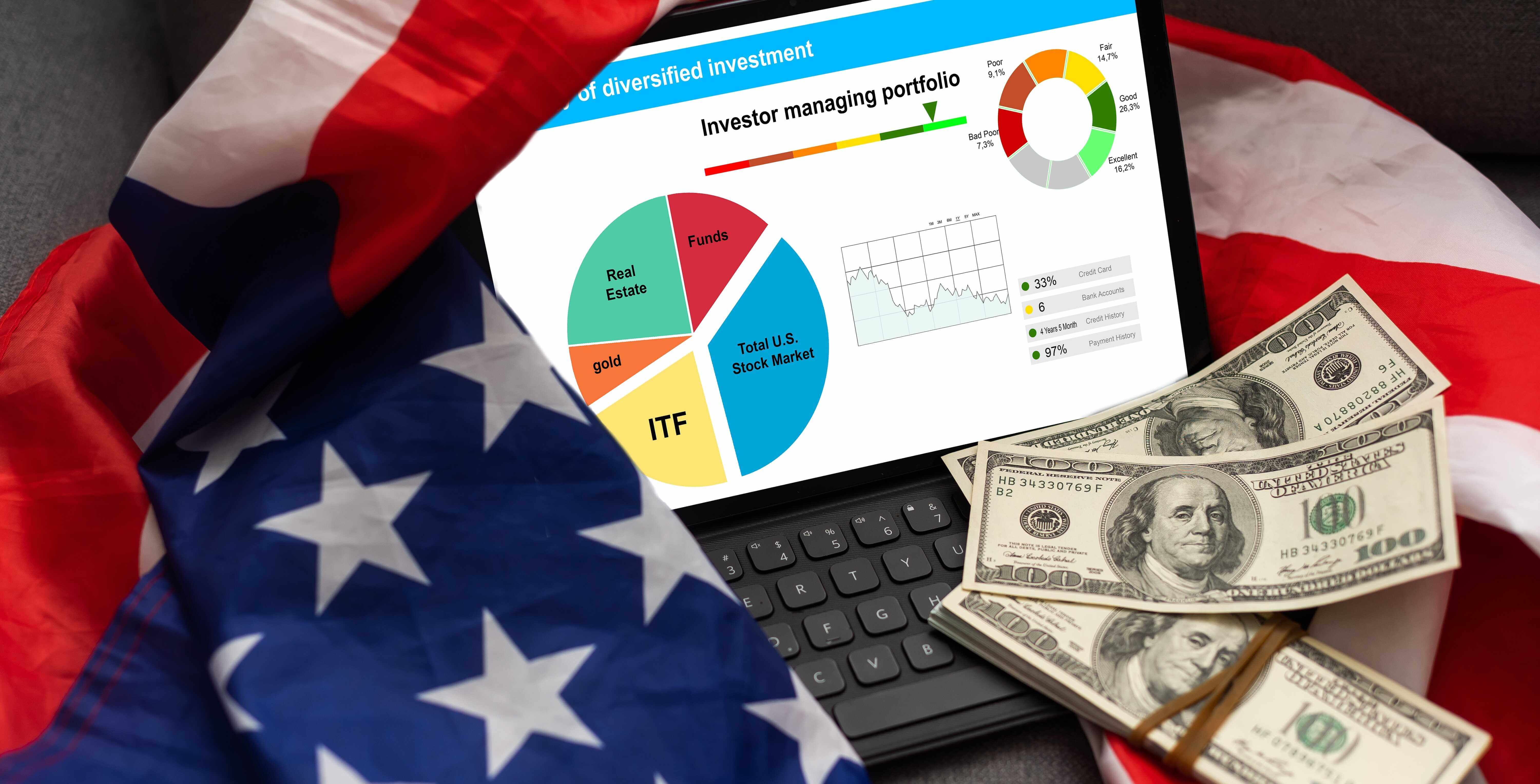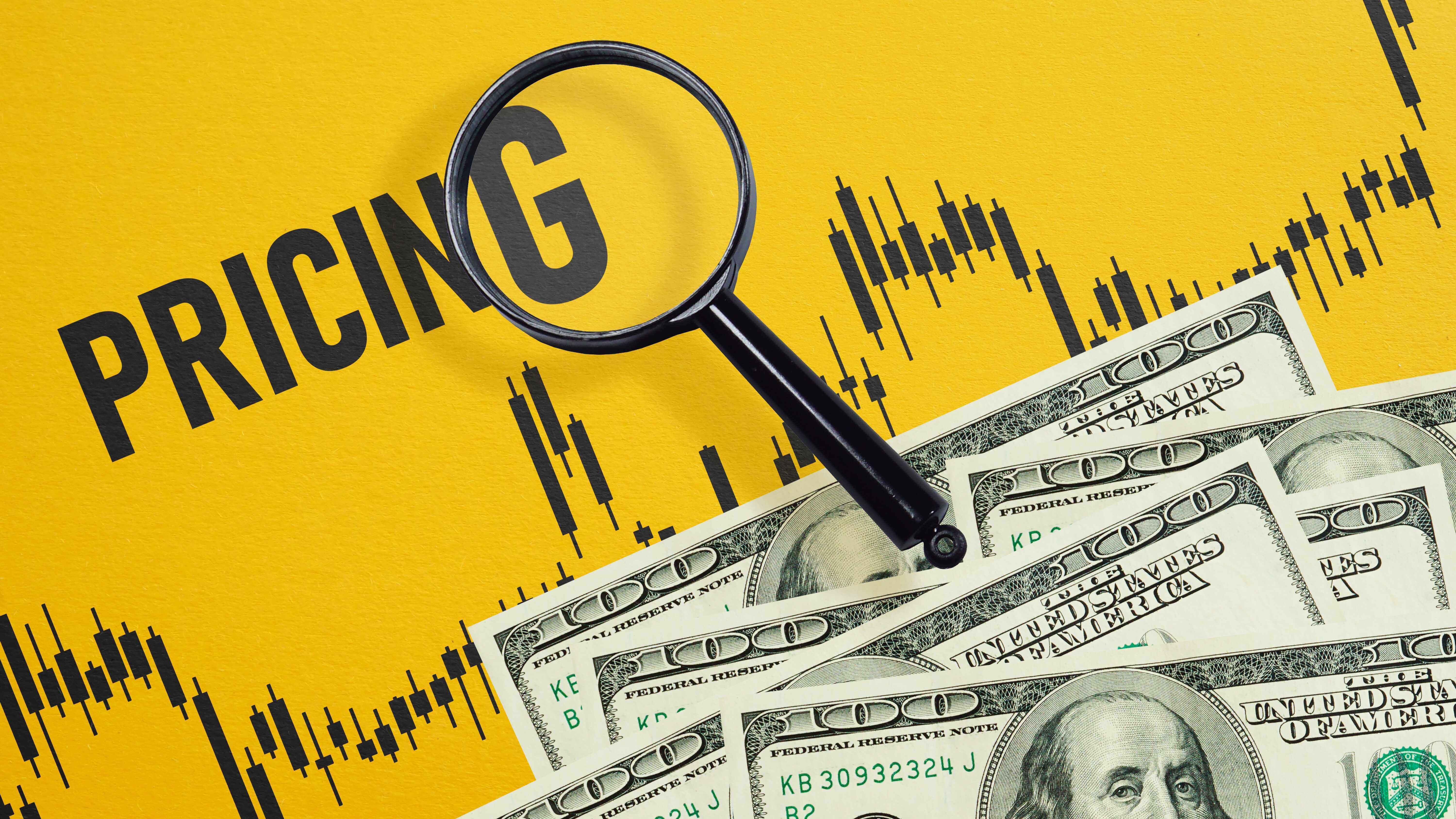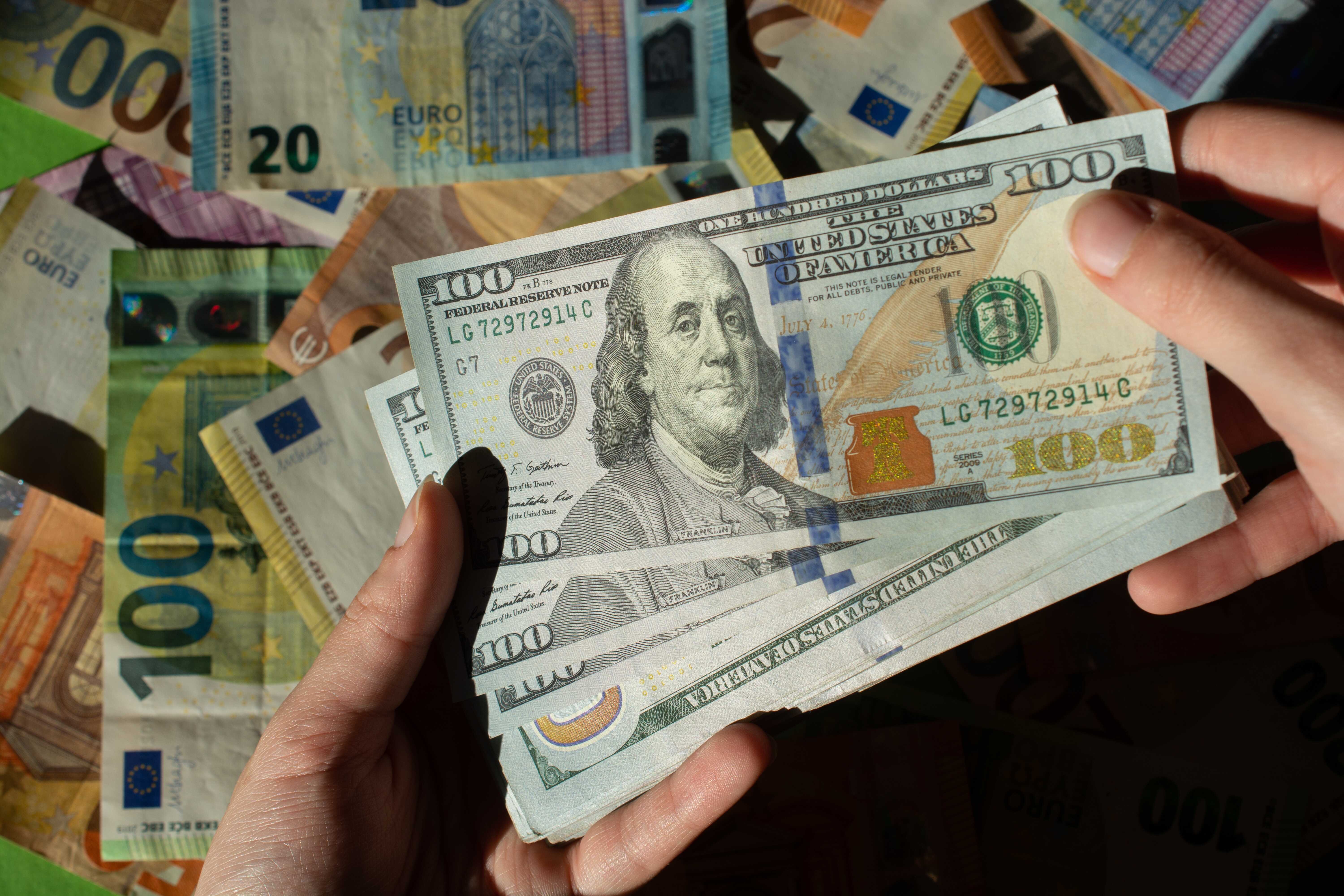Is Rivian Automotive A Millionaire Maker?

Tesla was the trailblazer in the electric vehicle (EV) industry, and competitors, both incumbent brands and start-ups, have tried replicating its success ever since. Rivian Automotive (NASDAQ: RIVN) has done a solid job establishing itself as a legitimate presence in the field, with over 50,000 deliveries last year.
Unfortunately, the stock hasn't had the same trajectory. Shares quickly peaked after Rivian went public in late 2021 and have declined over 90%. However, Tesla's stock was once in a similar position, which, in hindsight, was a life-changing investment opportunity.
I delved deep into Rivian's fundamentals to determine how likely it is to become a millionaire-making stock from current prices.
Here is what you need to know.
The race to the mass market
Tesla started with premium products like the Model S sedan and Model X SUV. Due to their high price point, these vehicles had a limited audience, but they helped establish the brand. Tesla eventually followed with the Model 3 and Model Y, cheaper, simpler vehicles aimed at the masses that generated the production volume needed to run its factories profitably.
Rivian has struck some partnerships to get its business off the ground, including selling Amazon electric delivery vans and a joint venture with Volkswagen to share its technology. Still, it's replicating Tesla's playbook for the core consumer-facing business. Rivian started with premium models, including its flagship R1T truck and newer R1S SUV.
The company is now moving toward cheaper models with broader appeal. Earlier this year, it announced the R2 (a midsize SUV) and R3/R3X (an even smaller crossover). Rivian aims to begin deliveries of the R2 in the first half of 2026, with the R3/R3X arriving afterward.
This push to the mass market will make the next few years crucial for Rivian, which has yet to turn a gross profit. Rivian is guiding for approximately 52,000 deliveries this year, only a minor increase from last year's 50,122. Volume isn't going up nearly fast enough to meaningfully slow Rivian's $5.1 billion cash loss over the past four quarters.
Rivian ended the third quarter of 2024 with $6.7 billion in cash and short-term investments ($8.1 billion in total liquidity, including its available credit line). More capital is coming. It recently announced a conditional $6.6 billion loan from the U.S. Department of Energy to fund a factory in Georgia it had paused to cut spending. Additionally, Volkswagen plans to invest up to $5.8 billion over the next several years as part of its joint venture.
Ideally, the influx of capital will be enough to bring the R2 and R3 to market. It's ancient history now, but Tesla's production ramp-up of its Model 3 nearly bankrupted the company.
Evaluating the stock's valuation
As painful as Rivian's decline has been since 2021, the stock's valuation still isn't an obvious bargain. It's tempting to want to compare Tesla's valuation to Rivian's for the EV similarities, but I wouldn't do it. Tesla is a profitable EV industry leader, has a world-famous CEO, and has several non-automotive growth opportunities woven into its business, including energy, artificial intelligence, and humanoid robotics.
Even after the decline, Rivian's stock trades at a far higher price-to-sales ratio than virtually every successful non-Tesla automotive company, including the one that invested in it.
RIVN PS Ratio data by YCharts
Sure, Rivian has more growth potential than incumbent auto brands. However, the business is losing money, isn't realizing that growth potential (yet), and is embarking on a perilous journey of developing, launching, and growing its high-volume models. Success is not guaranteed, and Rivian's current valuation still leaves plenty of room for more share-price declines if the company struggles.
Is Rivian a millionaire maker?
Tesla's success glossed over how challenging the automotive industry can be. That doesn't mean Rivian won't make it, but business success doesn't necessarily translate to investment returns. All of the incumbent automotive companies I compared Rivian to in the above chart have woefully lagged the S&P 500 index over the past decade.
It's still unclear what Rivian's eventual earnings might look like or how many shares Rivian investors must spread them across -- the company's share count has risen 40% since it went public. Rapidly issuing more shares dilutes investors and eats away at investment returns.
Rivian is a risky company in a harsh industry that historically hasn't produced many winning examples. Most potential millionaire-making stocks involve risk, but the stock's increasing share count and steep valuation mean there are probably better investment choices out there.
Should you invest $1,000 in Rivian Automotive right now?
Before you buy stock in Rivian Automotive, consider this:
The Motley Fool Stock Advisor analyst team just identified what they believe are the 10 best stocks for investors to buy now… and Rivian Automotive wasn’t one of them. The 10 stocks that made the cut could produce monster returns in the coming years.
Consider when Nvidia made this list on April 15, 2005... if you invested $1,000 at the time of our recommendation, you’d have $822,755!*
Stock Advisor provides investors with an easy-to-follow blueprint for success, including guidance on building a portfolio, regular updates from analysts, and two new stock picks each month. The Stock Advisor service has more than quadrupled the return of S&P 500 since 2002*.
*Stock Advisor returns as of December 9, 2024
John Mackey, former CEO of Whole Foods Market, an Amazon subsidiary, is a member of The Motley Fool’s board of directors. Justin Pope has no position in any of the stocks mentioned. The Motley Fool has positions in and recommends Amazon. The Motley Fool recommends General Motors and Volkswagen Ag and recommends the following options: long January 2025 $25 calls on General Motors. The Motley Fool has a disclosure policy.


